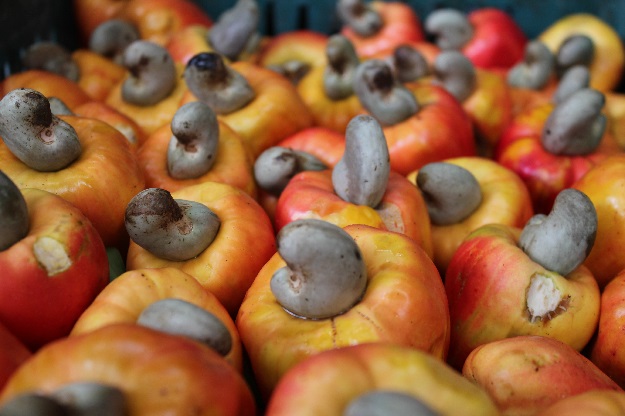The Nigerian Export Promotion Council (NEPC) says it plans to double the amount of revenue generated from cashew exports in 2023 to $500 million.
Ezra Yakusak, executive director and chief executive officer of NEPC, spoke on Thursday at the inauguration of the organic cashew certification programme for export.
Yakusak said the programme is a five-year initiative between NEPC, Nicert Limited, Valency Limited, and PRO-Cashew, designed to accelerate growth in the non-oil export sector.
The initiative, he said, would facilitate a gradual shift from conventional cashew to organic ones which guarantees a niche market and premium pricing.
Advertisement
According to Yakusak the aim of the project is to support the Nigeria cashew sector and increase productivity and efficiency, improve crop quality, and improve harvest and post-harvest techniques in the industry.
Emphasising the need for value-addition, he said Nigeria exported 315,677 metric tonnes of raw cashew nuts worth $252 million, which accounts for 5.24 percent of the country’s non-oil export portfolio in 2022.
The NEPC boss added that the federal government is committed to increasing cashew export revenue to $500 million.
Advertisement
“In 2022, our non-oil export performance indicated that cashew was the fifth leading non–oil exportable product in Nigeria,” Yakusak said.
“We felt that we need to encourage this product and ensure that the potential from cashew is better harnessed.
“We exported cashew worth about $252 million in 2022 and with the launch of the project, we hope to double it this year.”
Yakusak, however, raised concerns that the full economic potential inherent in cashew export have not been harnessed, despite the product being the fifth leading non-oil exportable product in Nigeria last year.
Advertisement
He express belief that the initiative would address issues plaguing the Nigeria cashew sector.
“Nigeria’s cashew export trade was largely hampered by non-adherence to food safety standards, lack of traceability, low yield per hectare, poor practices, and aging trees, among others,” he added.
On her part, Annabel Kamuche, group managing director, Nicert, a private organisation providing international certification for export products, said Nigeria could reduce reliance on harmful and toxic chemicals by choosing organic farming methods.
Kamuche said the nation could also promote soil health, while creating a healthier and more resilient food system.
Advertisement
“As we continue to face challenges related to climate change and environmental degradation, we must adopt sustainable practices that minimise harm to the planet and support local communities,” she said.
“It is a thing of pride for Nigeria that it has started making a mark in the usage of organic products where, apart from cashew, crops like turmeric, honey, sesame, soybean, and hibiscus are gaining substantial grounds.
Advertisement
“Nicert is confident that in the coming years, Nigeria will be among the front runners in the global organic sector with more value chains participating in organic agriculture.”
Advertisement
Add a comment






